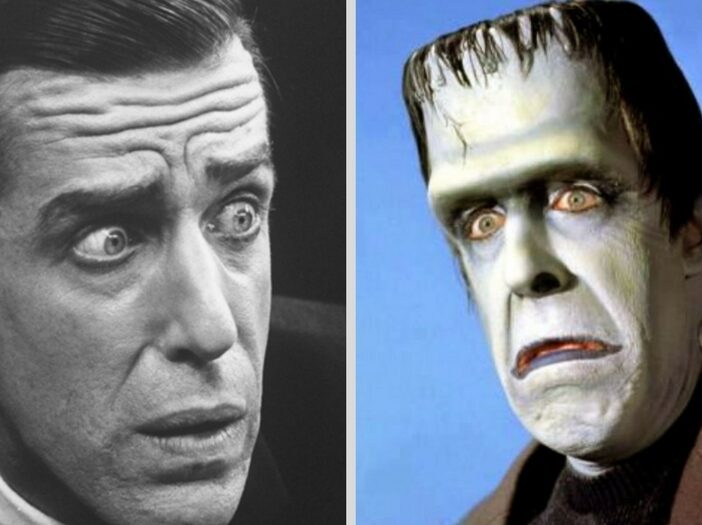
More pun books followed in the ‘80s and ‘90s, and even a fairy tale-ish story about a frog who was seeking a princess to kiss. It was called Pondlarker, and Publishers Weekly effused that its “sumptuously detailed watercolors are imbued with a stateliness appropriate to the grandeur of Gwynne’s tongue-in-cheek gravity.”

Children’s books by celebrities have become de rigueur over the decades. A modest list of stars who have penned titles for kids includes Bridget Bardot, Dolly Parton, Whoopi Goldberg, LeAnn Rimes, Will Smith, John Travolta, the Duchess of York (aka “Fergie”), LL Cool J, Jerry Seinfeld and Jamie Lee Curtis. The results are a mixed bag; some titles have been praised, others seem to be nothing more than a bid for parents’ dollars. Gwynne’s books are the real deal.
“For a lot of years now, they are among our bestselling children’s books,” John Sargent, former publisher of Simon & Schuster’s children’s division, told Publisher’s Weekly in 1990, explaining that they routinely sold 20,000-25,000 copies a year. Another publisher agreed that they didn’t think the appeal of the books “has anything to with him as an actor”. Some education experts have even recommended Gwynne’s books as a tool for helping students to better comprehend the English language.

Gwynne continued to act on stage and in films long after his role as Herman Munster ended. Among his notable credits is Jud Crandall in Pet Semetary, who makes the unfortunate choice to introduce his grieving neighbor to the cursed eponymous location, and as the droll judge in My Cousin Vinny who inquires of Joe Pesci’s Vinny Gambini, “What is a ‘yute’?”
Gwynne died of pancreatic cancer at the age of 66 in 1993. The illness doesn’t seem to have thwarted his creative endeavors—he managed to patent a new kind of swim flipper that year, that “reduces effort by a scuba diver, thus enabling increased bottom time”.
Gwynne had a complicated relationship with Herman Munster. He felt typecast after the show ended, and indeed, when it came time to pen obituaries, most publications lingered on his TV career, with his children’s books garnering a few lines. But ultimately, he didn’t regret the job. In the same article in which he told the New York Times he always longed to be an artist, he also reflected on his most famous role and concluded, “…it was great fun to be as much of a household product as something like Rinso. I almost wish I could do it all over again.”

